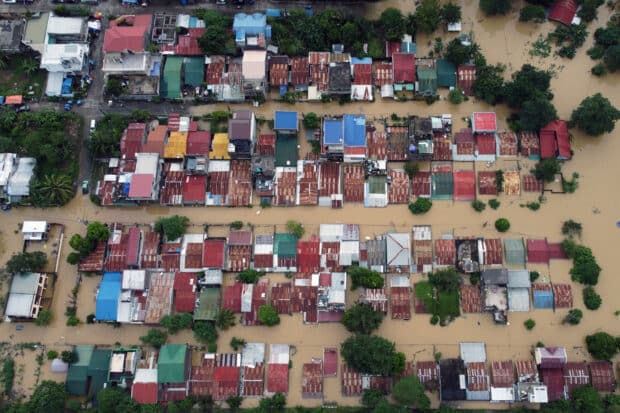
Both the Philippines and Europe know tragically the impact that natural disasters can have. Just last month the devasting typhoon Enteng that struck the Philippines caused great damage. A trail of destruction was left across Vietnam, Laos, Myanmar, Thailand and Cambodia. The EU, as a leading global humanitarian donor, stepped in to help. We released over €2 million in emergency funding to support the victims.
While people in Southeast Asia were coping with the impact of Enteng, more than eight thousand kilometres away, storm Boris was lashing central and eastern Europe. Nearly a dozen European countries were affected.
These are clear examples that extreme weather events show a distressing trend: disasters are becoming more frequent and more intense everywhere across the world. Climate change is a global threat.
The Asia-Pacific Ministerial Conference on Disaster Risk Reduction in Manila this week is very timely. Climate-induced disasters know no borders. That is why we need to step up our international collaboration too, for the benefit of our respective citizens.
For its part, since 2020, the EU has invested nearly €87 million for disaster preparedness in Asia. We have also, since, since 1996, allocated over €162 million for humanitarian aid and disaster preparedness in your country. This year, as the EU and Philippines celebrate the 60th anniversary of our diplomatic relationship, we will continue to strengthen our partnership. In particular on disaster management.
Building on this experience, we want to reinforce the cooperation of EU Response Coordination Centre (ERCC) – which is the engine behind European disaster response coordination – with similar disaster management bodies across the world, such as ASEAN’s Coordinating Centre for Humanitarian Assistance on Disaster Management (AHA).
And this is why, during my visit to Indonesia, I will endorse a new agreement with the AHA centre, the equivalent of our ERCC in Europe. The agreement will allow us to strengthen our respective capacities to respond to disasters and to exchange knowledge and good practices.
ASEAN’s countries have a long experience in disaster response to share, and I am convinced this will provide a great opportunity to learn from each other.